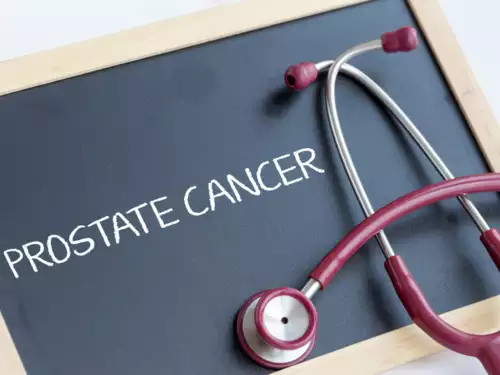29 March PunjabKhabarnama : Part of the reproductive system in men, the prostate gland is a small walnut-shaped organ that produces seminal fluid. This fluid, along with the sperms produced in the testicles as well as other fluids made by various glands, make up semen. The prostate gland performs the essential function of keeping the sperm viable through its fluid, which is needed for successful conception.
However, there is a high chance among men of developing cancer in this organ. Prostate cancer is considered to be a serious issue as it can easily spread to nearby organs such as the bladder or rectum, as well as enter the bloodstream and affect other parts of the body.
The condition can be tough to treat, and despite being aware of the risks several men have been known to ignore the early signs. We speak to Dr Mohammed Shahid Ali, consultant – urology, andrology, robotic surgery and renal transplantation, Manipal Hospital, Bangalore, about the warning signs, treatments as well as effective preventative options.
Early symptoms and warning signs of prostate cancer
Prostate cancer, Dr Ali says, ranks among the top five cancers in Indian men. According to him, India has witnessed a rise in prostate cancer cases due to various factors such as increasing life expectancy, adoption of Western lifestyles, dietary changes, and improved diagnostic methods.
Early recognition and timely treatment offer better long-term survival in such patients, he emphasises. It can be completely asymptomatic in early stages, Dr Ali explains, but in occasional cases it may present with urinary issues such as:
- A poor urine stream
- Urgency to urinate, especially at night
- Pain while urinating
- Blood in urine
In the late stages of prostate cancer, patients usually develop leg swelling (leg edema) or bone pain which indicates that it has spread to nearby tissues and organs including bones, lymph nodes, and other organs.
Screening tests for detecting prostate cancer
Two types of screening tests are commonly used to detect prostate cancer. Dr. Ali however, brings attention to the fact that these tests are not definitive on their own as they can lead to false positives or negatives. But, if used together they can be more reliable in producing accurate results.
People who are suspected of having this cancer must undergo the following tests, he says:
Prostate-Specific Antigen (PSA) test
This test measures the level of PSA in the blood. Elevated PSA levels could indicate prostate cancer, but it can also be elevated due to other conditions such as benign prostatic hyperplasia (BPH).
Digital Rectal Examination (DRE)
This involves a physical examination of the prostate through the rectum to detect abnormalities such as lumps or hard spots.
Treatment options for early-stage prostate cancer:
For patients diagnosed with early-stage prostate cancer, Dr. Ali says that the type of treatment depends on the consensus of both the patient as well as their doctor (urologist, oncologist, radiation oncologist) to treat the cancer. These can include the following:
- Active surveillance: Monitoring the cancer with regular PSA tests, DREs, and sometimes biopsies to track its progression. Suitable for low-risk cancers.
- Surgery (Radical Prostatectomy): Removal of the entire prostate gland. It is effective in removing localized cancer. With more and more experience in Robotic prostate surgeries, outcomes have been greatly improved in terms of post-operative urinary control, and erectile dysfunction.
- Radiation therapy: Using high-energy rays to kill cancer cells. Can be external beam radiation or brachytherapy (internal radiation). Side effects of radiation can be issues with urination and erectile dysfunction (ED).
- Hormone therapy: Reducing levels of testosterone to slow the growth of prostate cancer cells. It’s often used in combination with other treatments and may cause side effects like hot flashes and loss of libido.
Lifestyle changes and preventive measures to reduce prostate cancer risk
To reduce the risk of getting this serious disease, Dr. Ali recommends the following preventative measures that men need to integrate into their lives:
- Healthy diet: Consuming a diet rich in fruits, vegetables, and whole grains, and low in red meat and high-fat dairy products may help reduce the risk of prostate cancer.
- Regular exercise: Engaging in regular physical activity can help maintain a healthy weight and reduce the risk of prostate cancer.
- Sustain a healthy weight: It’s critical to maintain a healthy weight through food and exercise because obesity is associated with a higher chance of developing aggressive prostate cancer.
- Limit alcohol consumption: Excessive alcohol consumption is a known risk factor for prostate cancer.



